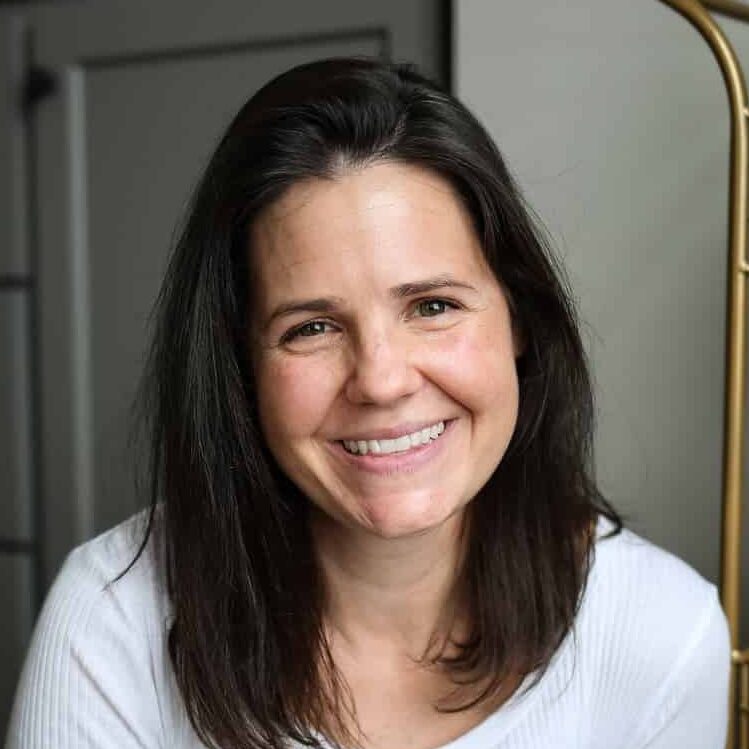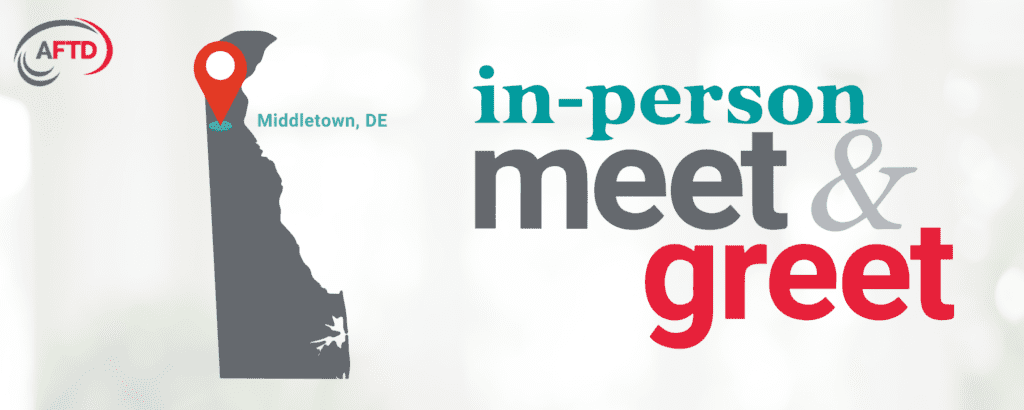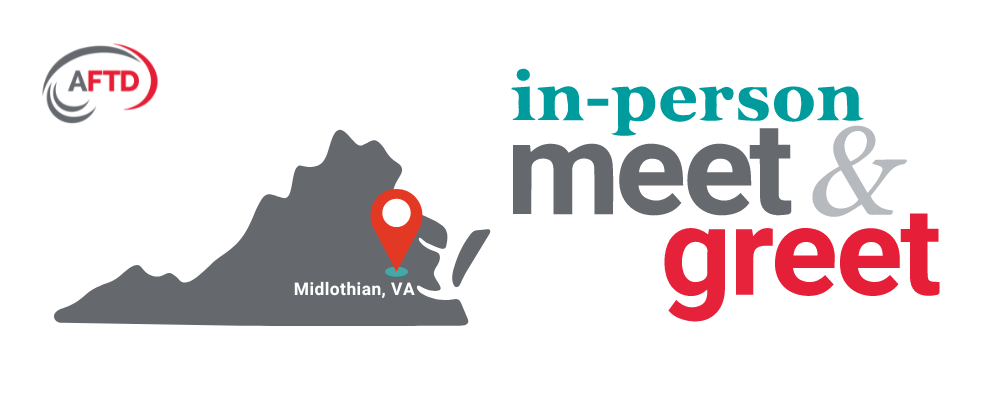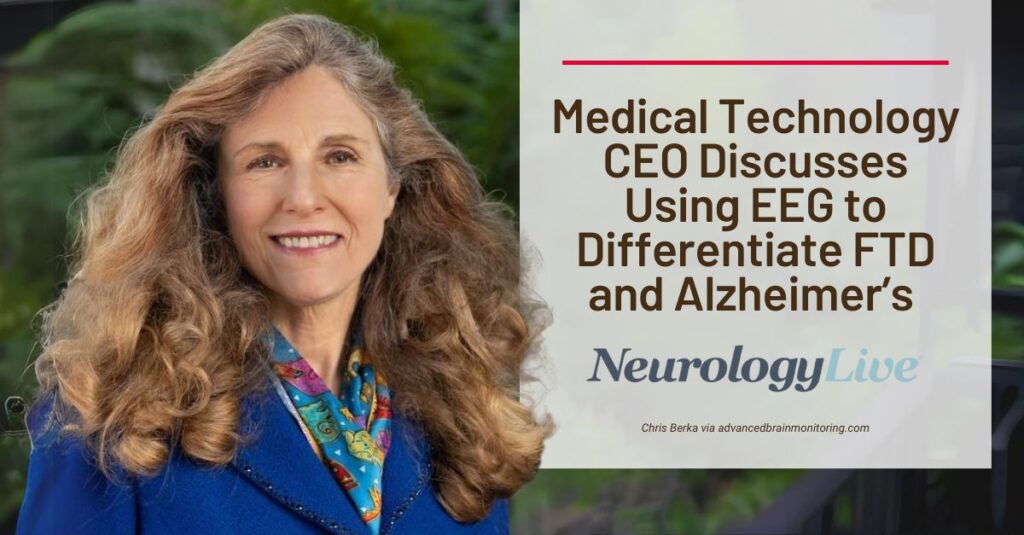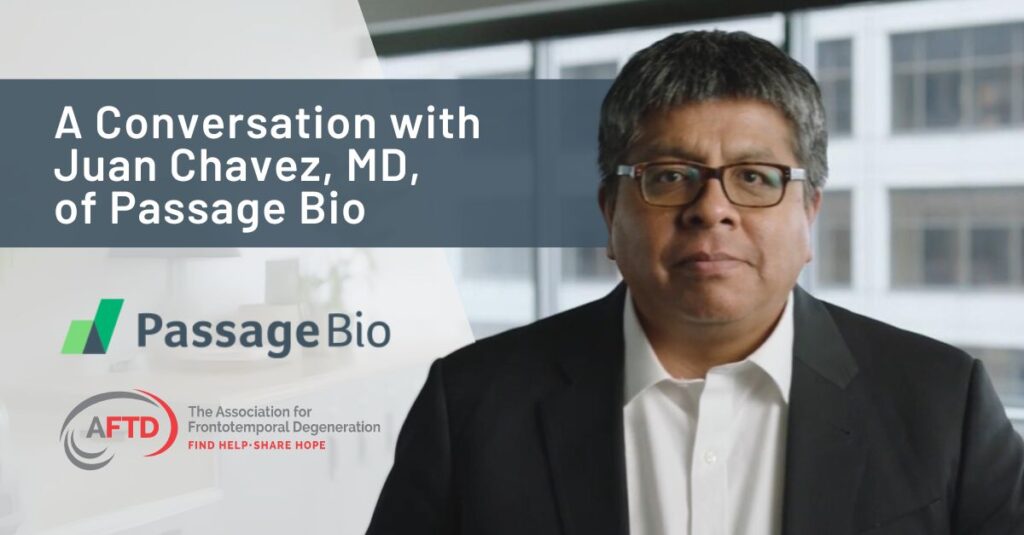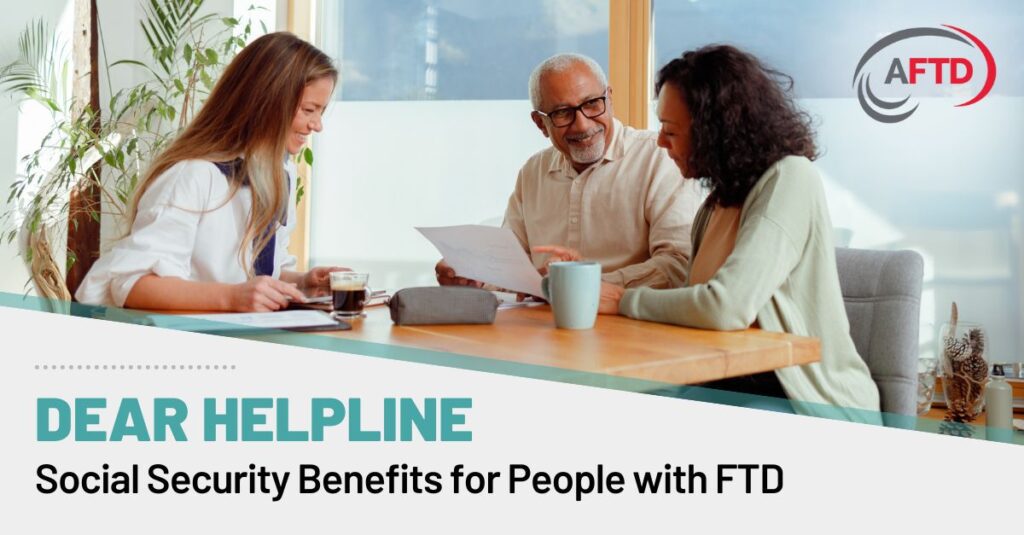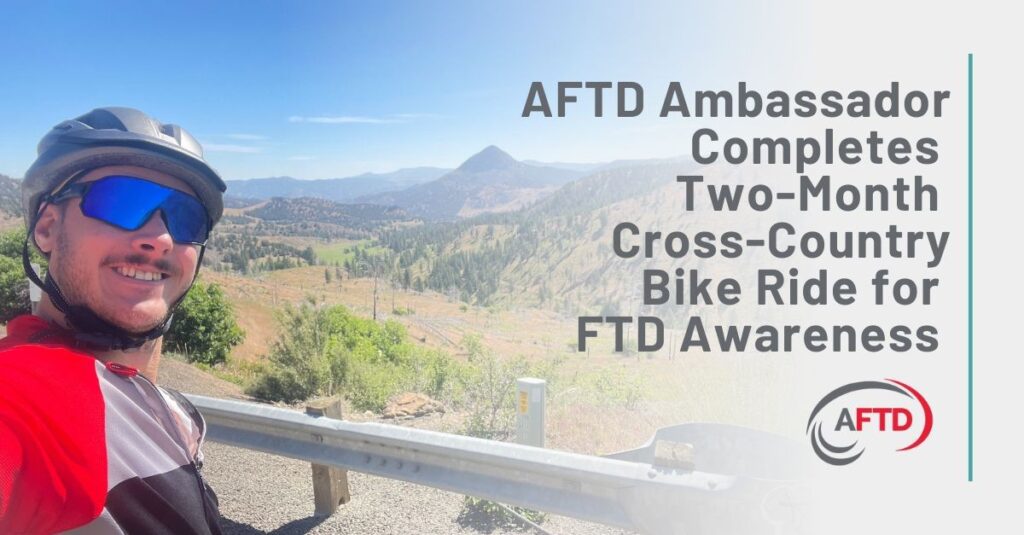Virginia
AFTD can connect you with reliable information, valuable resources, essential support, and opportunities to make a difference.
Contact AFTD’s HelpLine
AFTD's Helpline can provide guidance on resources and opportunities to connect in your state. We can also answer questions you may have regarding FTD diagnosis, care and support.
Contact our HelpLine by Phone: 1-866-507-7222 | Contact our HelpLine by Email: info@theaftd.org.



Support Groups (local, regional, or national) meet once a month and are led by AFTD-trained volunteers or organizations that understand FTD to foster supportive group discussions regarding approaches to care, changing relationships, safety, local resources, grief, self-care, etc.
FTD Diagnostic Centers can help with diagnosis, guidance, and connections to research opportunities.
Get Involved
Become an AFTD volunteer to connect with our community and make the journey better for the next family. AFTD offers a variety of opportunities for volunteers to raise awareness of FTD, raise critical funds and educate local communities. Opportunities include community awareness activities, facilitating support groups, or hosting a local fundraising event.
Sign up here to volunteer or learn more by contacting your AFTD Volunteer Engagement Coordinator at cjohnson@theaftd.org
Carrie Johnson
Volunteer Engagement Coordinator
cjohnson@theaftd.org
Sign Up To Receive AFTD Alerts
News & Events Near You
October 26, 2024: In-Person Meet & Greet in Middletown, DE
Join and learn from others who understand the FTD journey at this in-person AFTD Meet & Greet…
AFTD Volunteer Secures 3 FTD Awareness Week Proclamations in Ohio
Lima, Ohio is the most recent community to officially proclaim September 22-29 as FTD Awareness Week. Resident…
Advancing Hope: AFTD Hosts Industry Advisory Panel
On August 8 and 9, AFTD hosted an industry advisory panel in which a group of people…
Guest Feature: One Woman’s Journey – from Getting Diagnosed to Attempting Suicide to Embracing Life
September is Suicide Prevention Month. Below, Deb Jobe, a member of AFTD’s Persons with FTD Advisory Council,…
October 4, 2024: In-Person Meet & Greet in Midlothian, VA
Join and learn from others who understand the FTD journey at this in-person AFTD Meet & Greet…
Medical Technology CEO Discusses Using EEG to Differentiate FTD and Alzheimer’s
In an interview with Neurology Live, Advanced Brain Monitoring CEO Chris Berka shares insights from a pilot…
A Conversation with Juan Chavez, MD, of Passage Bio
AFTD recently spoke with Passage Bio Vice President of Clinical Development Juan Chavez, MD, about the company’s…
Acurastem Receives CIRM Grant for Targeted Therapeutic Program for ALS/FTD
Biotechnology company AcuraStem announced that it has received a $4 million grant from the California Institute for…
Dear HelpLine: Social Security Benefits for People with FTD
Dear HelpLine, My dad is 55 and had to leave his job after he was diagnosed with…
AFTD Ambassador Completes Two-Month Cross-Country Bike Ride for FTD Awareness
AFTD Ambassador Spencer Cline wanted to raise FTD awareness and honor the memory of his father. Lawrence…


